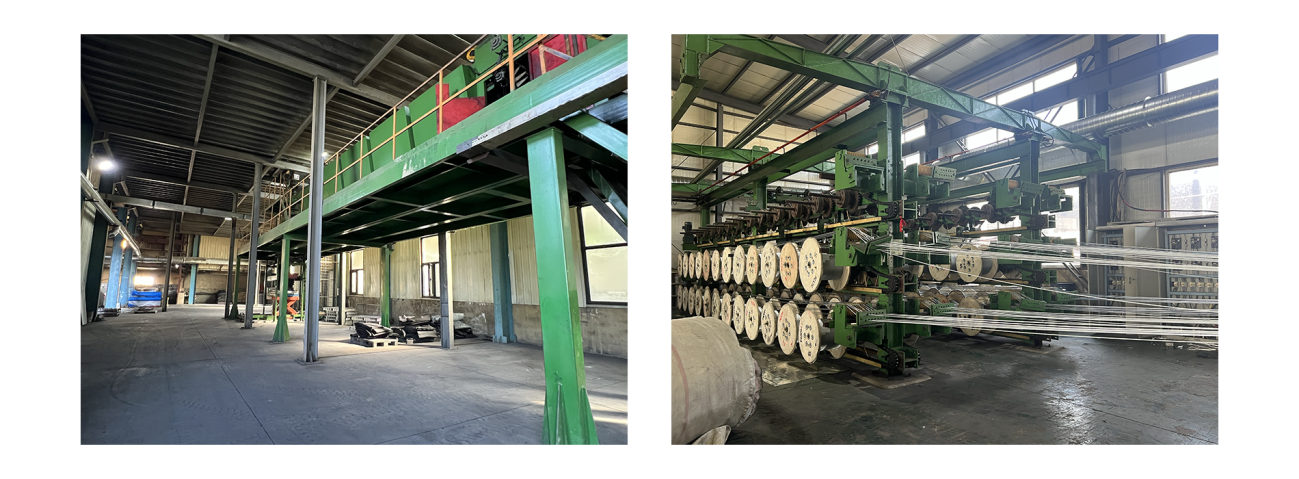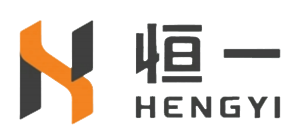
Take Root in the Fertile Soil of Manufacturing and Hold up the Industrial Benchmark
2025-08-13 16:34As a benchmark for rubber industry manufacturing in Northeast China, Liaoning Hengyi successfully held employee skills training. Employee training is not only a routine part of human resource management, but also a core strategy to drive the sustainable development of the company. This training aims to help employees master cutting-edge industry knowledge, enhance core competitiveness, and inject new impetus into high-quality social development.
1. Ingenuity Content Refinement:
In the conveyor belt manufacturing industry, accurately identifying employee skill shortcomings is the first step to successful training. Lock the training content through skill shortcomings scanning, first carry out theoretical mapping tests covering all employees, focusing on the mastery of basic knowledge such as rubber material characteristics and equipment operation principles; At the same time, organize blind testing of the production line, set up real scene tasks such as wire rope core lap accuracy challenges, and record the operation details through high-speed cameras and sensors. More importantly, we deeply dissect customer return reports and simulate customer problems.
2. Actual Combat Scene Activation:
Hengyi adheres to the training concept of "tailor-made". Through career development assessment tools, we customize personalized learning plans for employees, we adopt the mode of morning theory and afternoon practice, and use the defective conveyor belts returned by customers, such as layering and degumming, as living teaching materials, and build a mobile classroom next to the faulty production line. New employees can identify ability gaps through the "job competency model" and choose targeted basic courses; Experienced employees can apply for advanced training under the "Skills Matrix" to transition to technical specialist or management positions. This model increases the efficiency of knowledge conversion by 400%, which is more directly translated into order quality improvement.

3. Create Social Value:
Employee training has become the core engine of corporate social responsibility, and its importance lies in transforming human resource development into sustainable social value creation. In the job market, job seekers with professional skills are more attractive and more likely to obtain their desired job opportunities, and through continuous learning and growth, individuals can play a greater role in their work and realize their self-worth and sense of accomplishment. In the face of changing work environments and technical requirements, employees with good learning skills can adapt to new situations and challenges faster.
